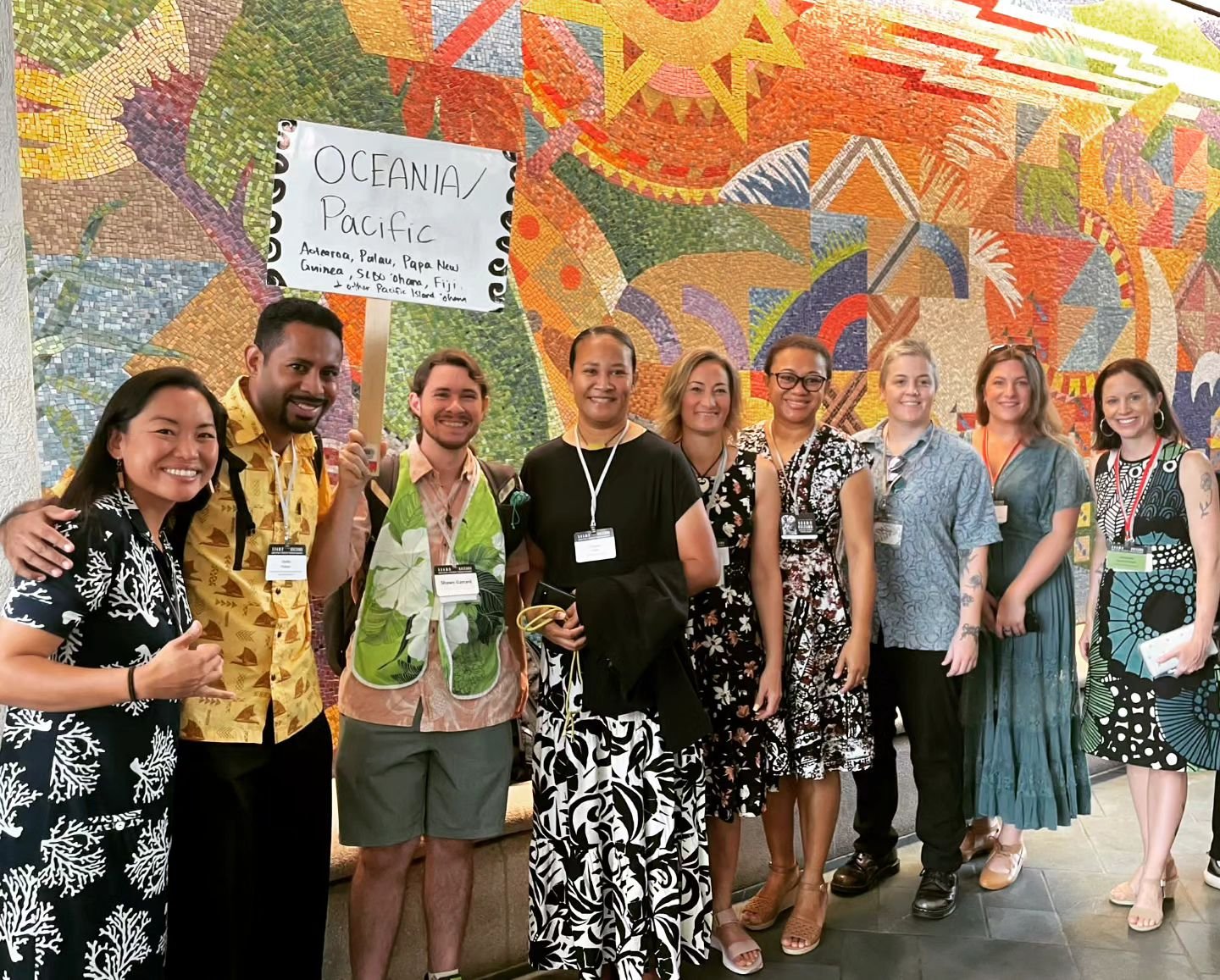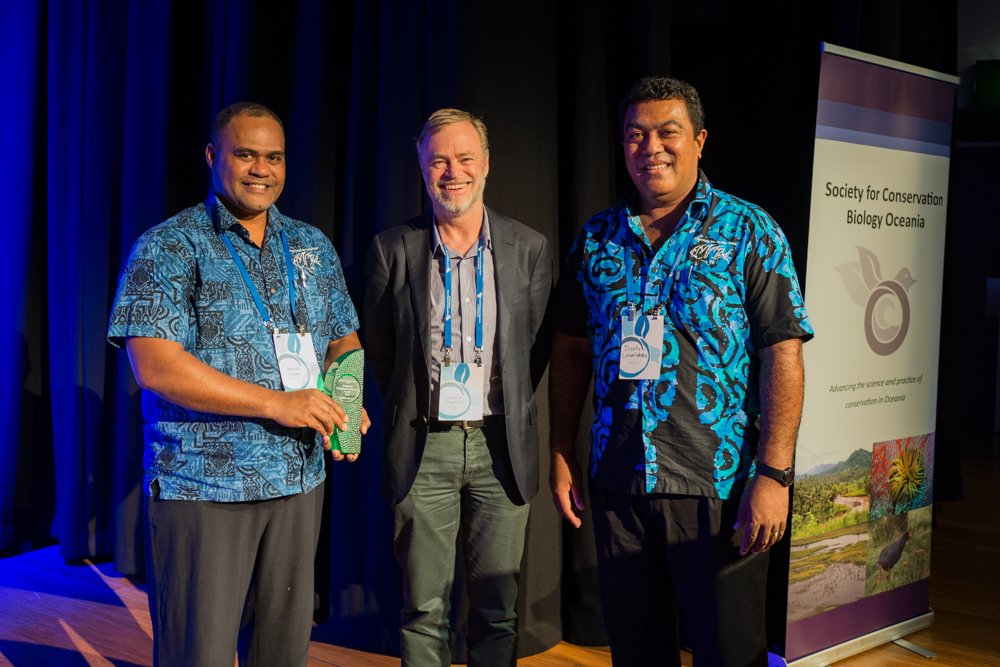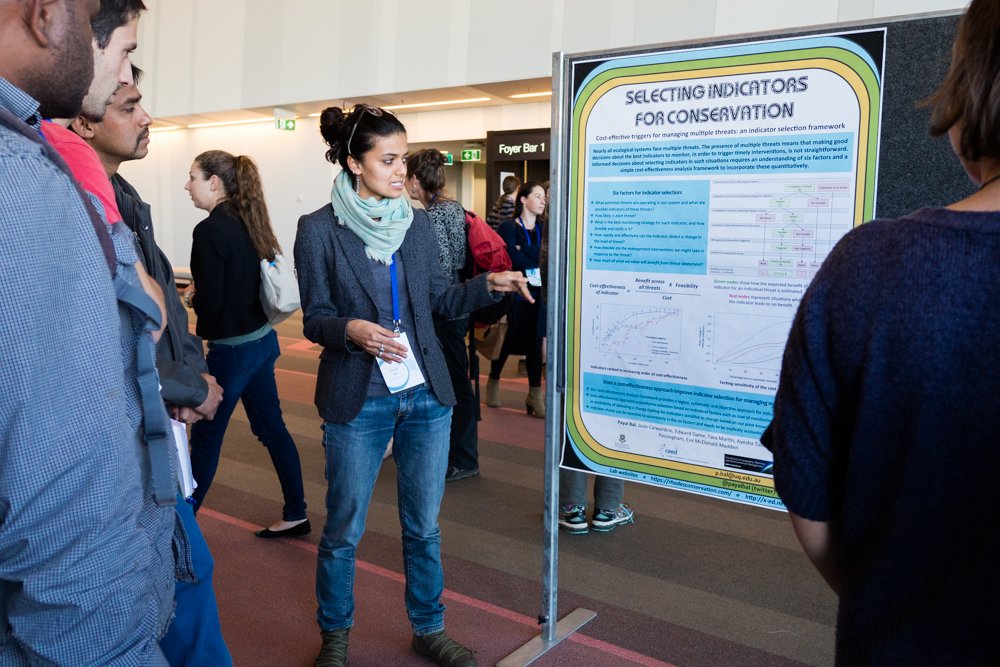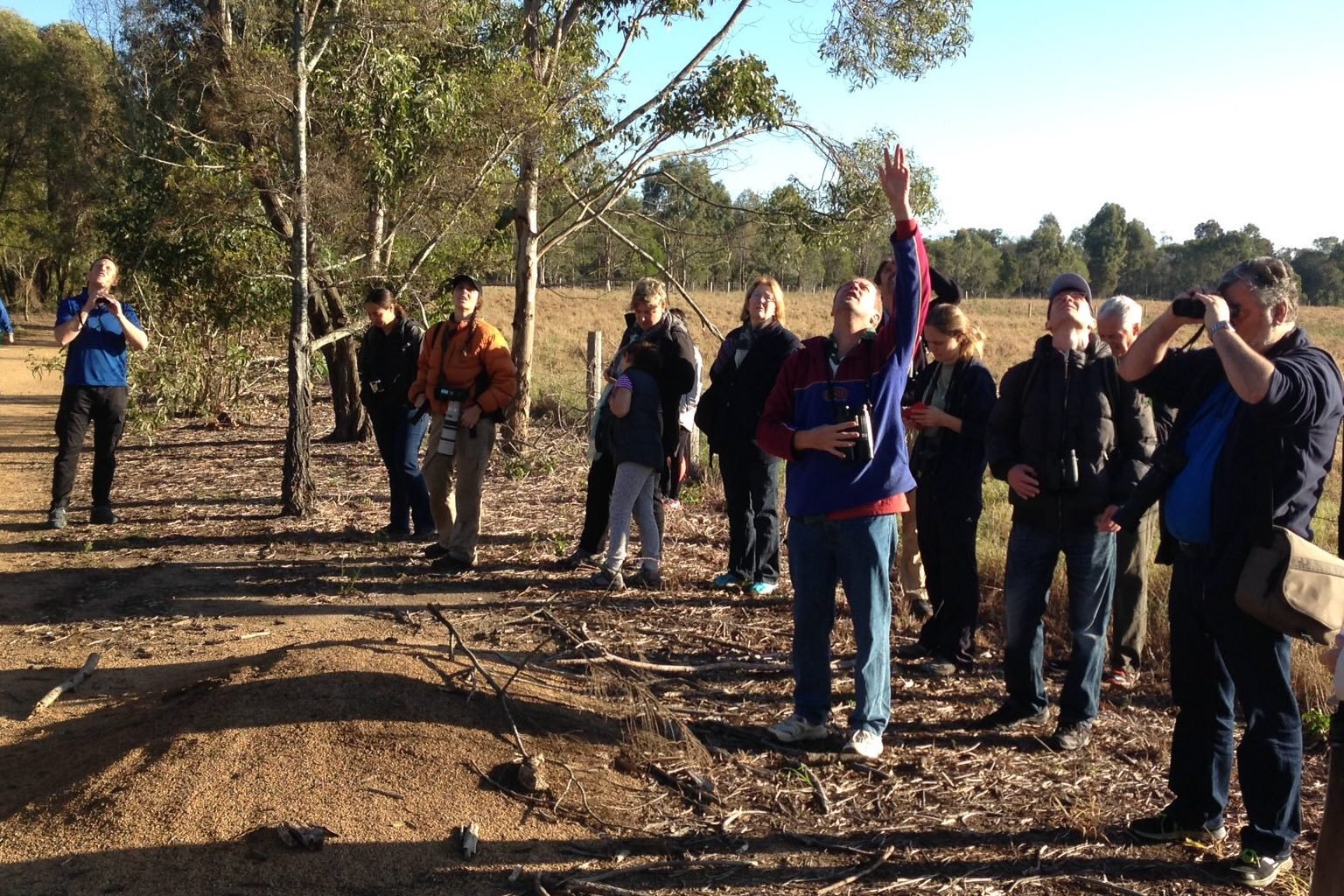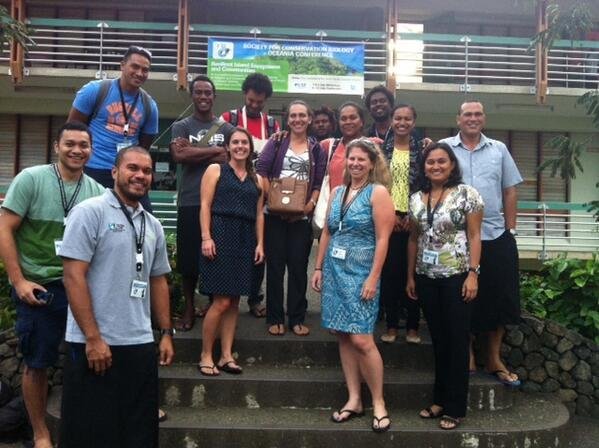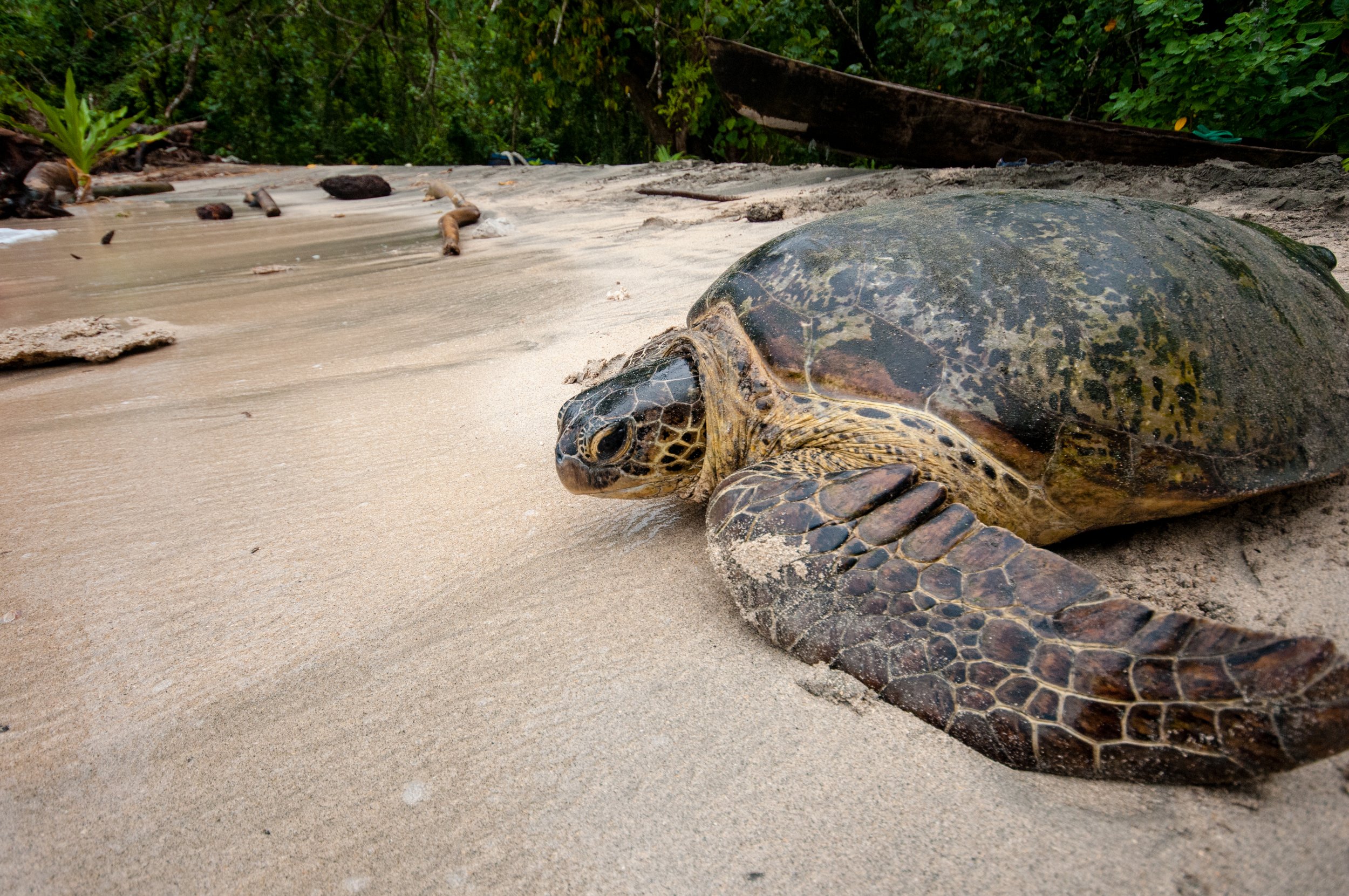
The Society for Conservation Biology Oceania Section hosts regional conferences every two years, with the conference location rotating between Australia, New Zealand and the Pacific Islands.
About our conferences
SCBO conferences bring together the community of conservation professionals from across our region to address conservation challenges and present new findings, initiatives, methods, tools and opportunities in conservation science and practice. We invite scientists, students, managers, decision-makers, writers, and other conservation professionals to participate.
Whilst our conferences are typically smaller than those held by global societies (e.g, ICCB), we pride ourselves on having a fun and friendly atmosphere, with plenty of opportunities to network and socialise with your colleagues. Travel awards are available to support students and participants from developing countries.
Our conferences feature: plenary speakers; symposia; poster sessions; workshops and short courses (past topics have included: Understanding and engaging with conservation policy; R programming for conservation scientists, Introduction to small Unmanned Aircraft Systems for Natural Resource Management and Invasive Species Target Detection; How to give a great conference presentation; social events (including welcome mixers, conference dinners, early morning bird walks and evening sessions open to the public); and of course, field trips!
We are committed to hosting sustainable events that minimise our environmental impact, and have a sustainability policy in place for our conferences, which includes waste reduction, ethical & sustainable food options, and the option for attendees to make a carbon and biodiversity offset donation.
Nau mai ki Tāmaki Makaurau. Welcome to Auckland.
We are excited to welcome you to the joint Society for Conservation Biology Oceania (SCBO) and New Zealand Ecological Society (NZES) 2026 Conference!
Our theme, “Changing the Conversation – Ecology in a Shifting Political Landscape”, invites reflection and bold dialogue about the evolving role of ecology and conservation in a world facing increasing environmental, social, and political pressures. Together, we will explore how our work as ecologists, conservationists, researchers, and policy makers can respond to and influence the narratives that drive change.
We are proud to be hosted by Auckland University of Technology (AUT) in the vibrant heart of Tāmaki Makaurau Auckland. AUT’s city campus offers a modern and inspiring setting for our discussions, just steps away from the cultural, coastal, and ecological richness that makes Aotearoa so unique.
Whether you are a seasoned scientist, early-career researcher, student, or practitioner, we warmly invite you to join us for this important conversation. Stay tuned for key dates, abstract submissions, sponsorship opportunities, and registration details. Let’s come together to change the conversation!
32nd International Congress for Conservation Biology
Meeanjin Brisbane, June 2025
SCBO were thrilled to invite conservation scientists, practitioners and students from around the world to attend ICCB 2025 in Meaanjin Brisbane.
Some highlights from the conference are shown below!



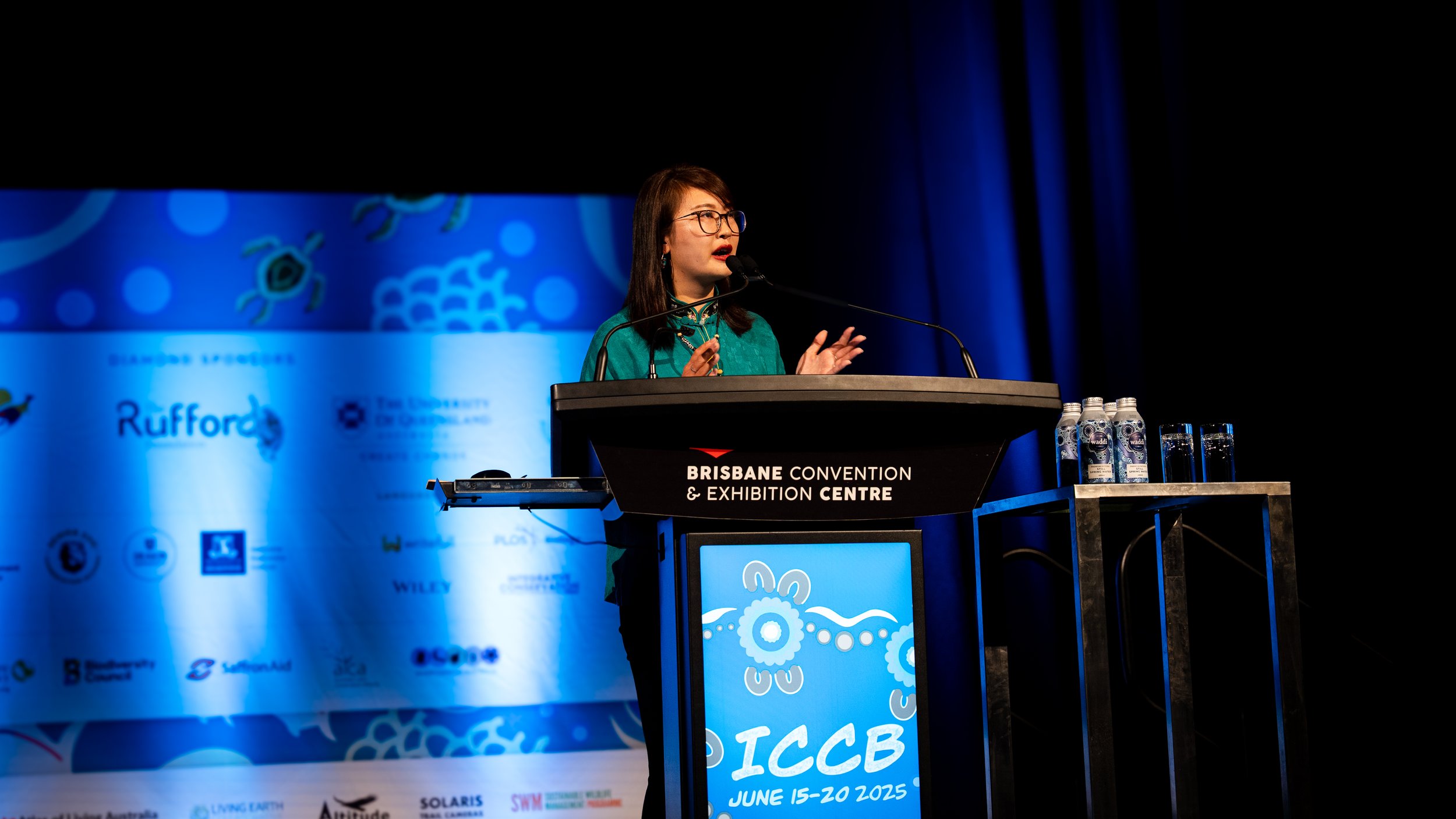
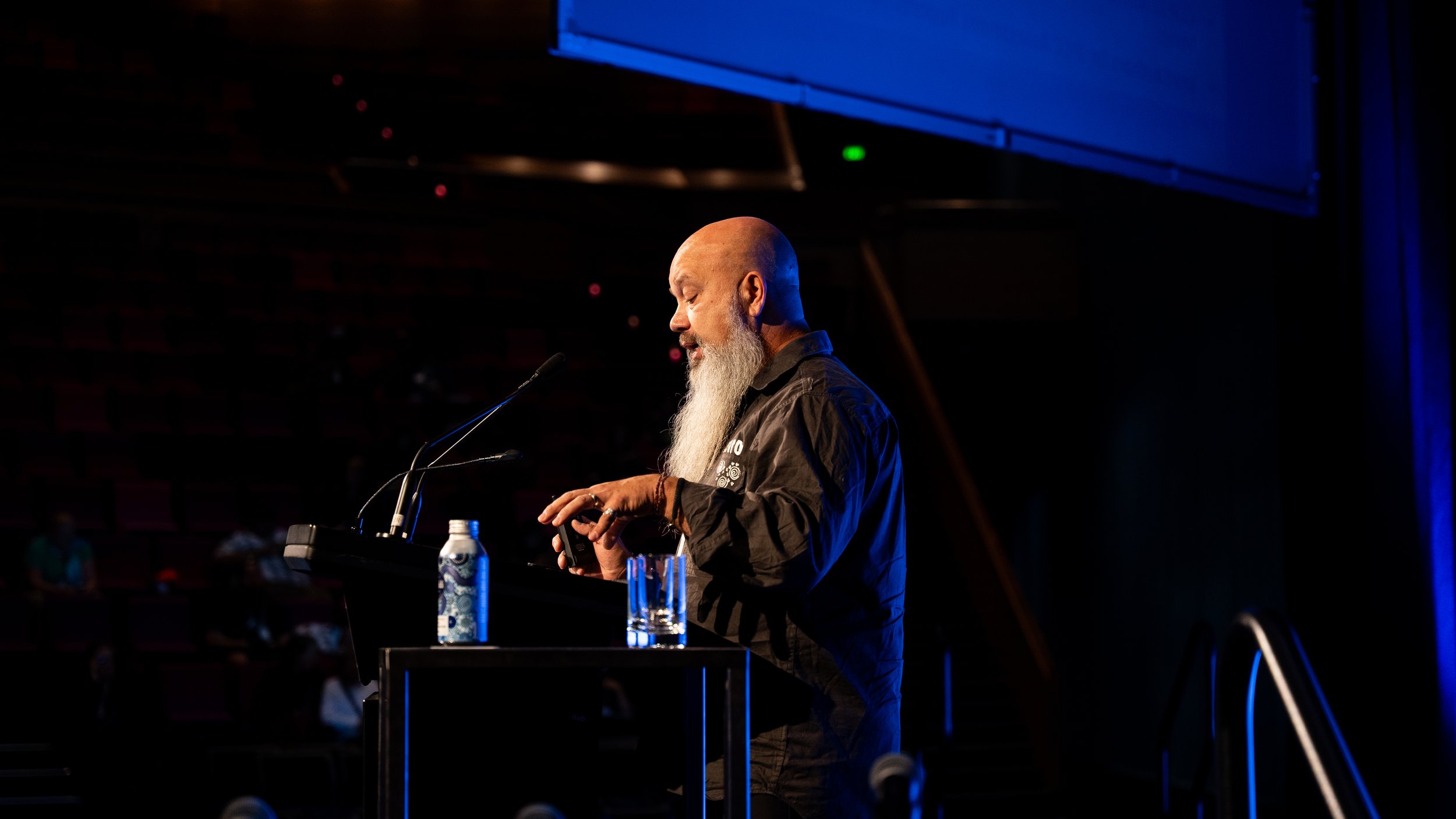

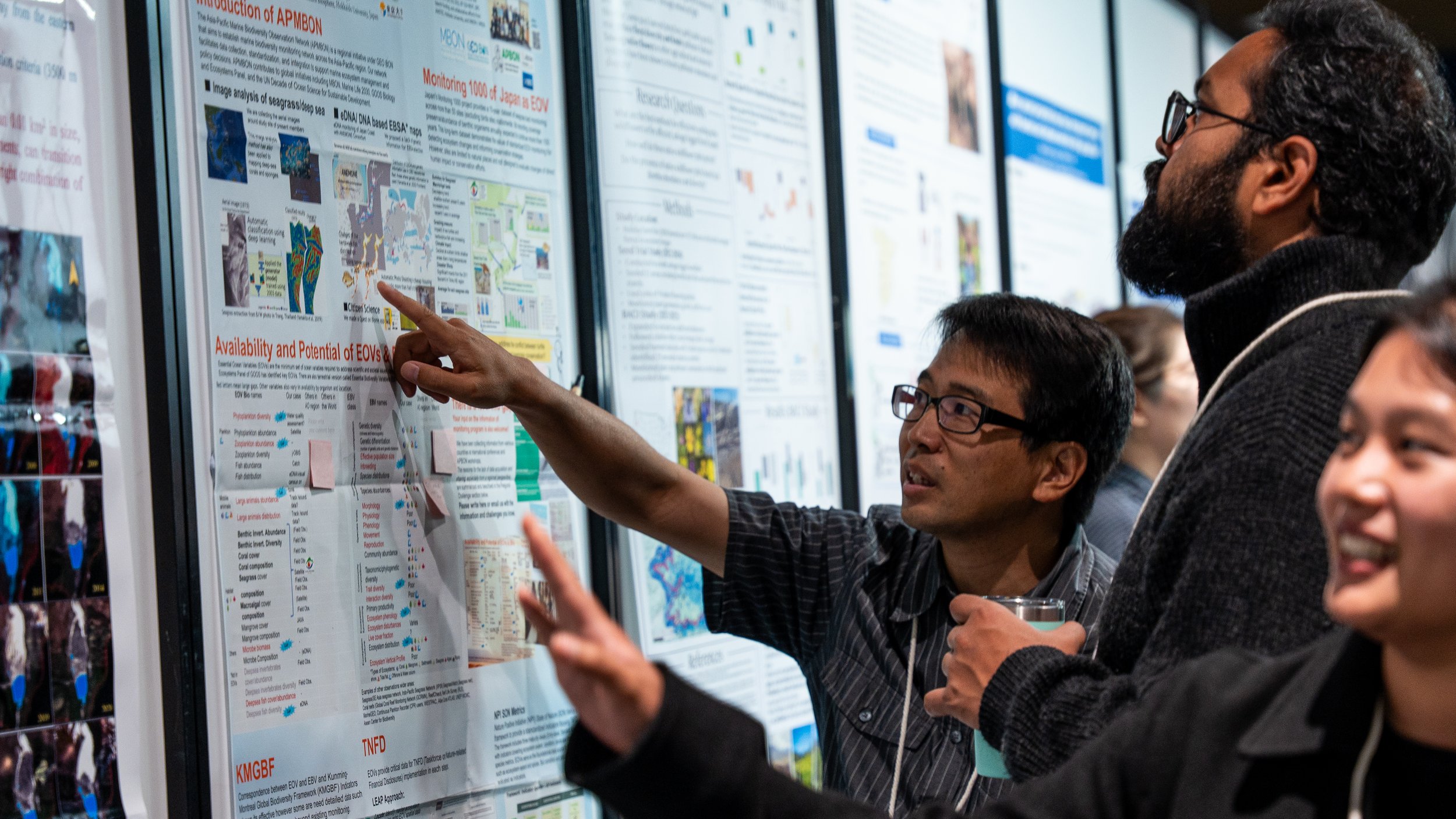

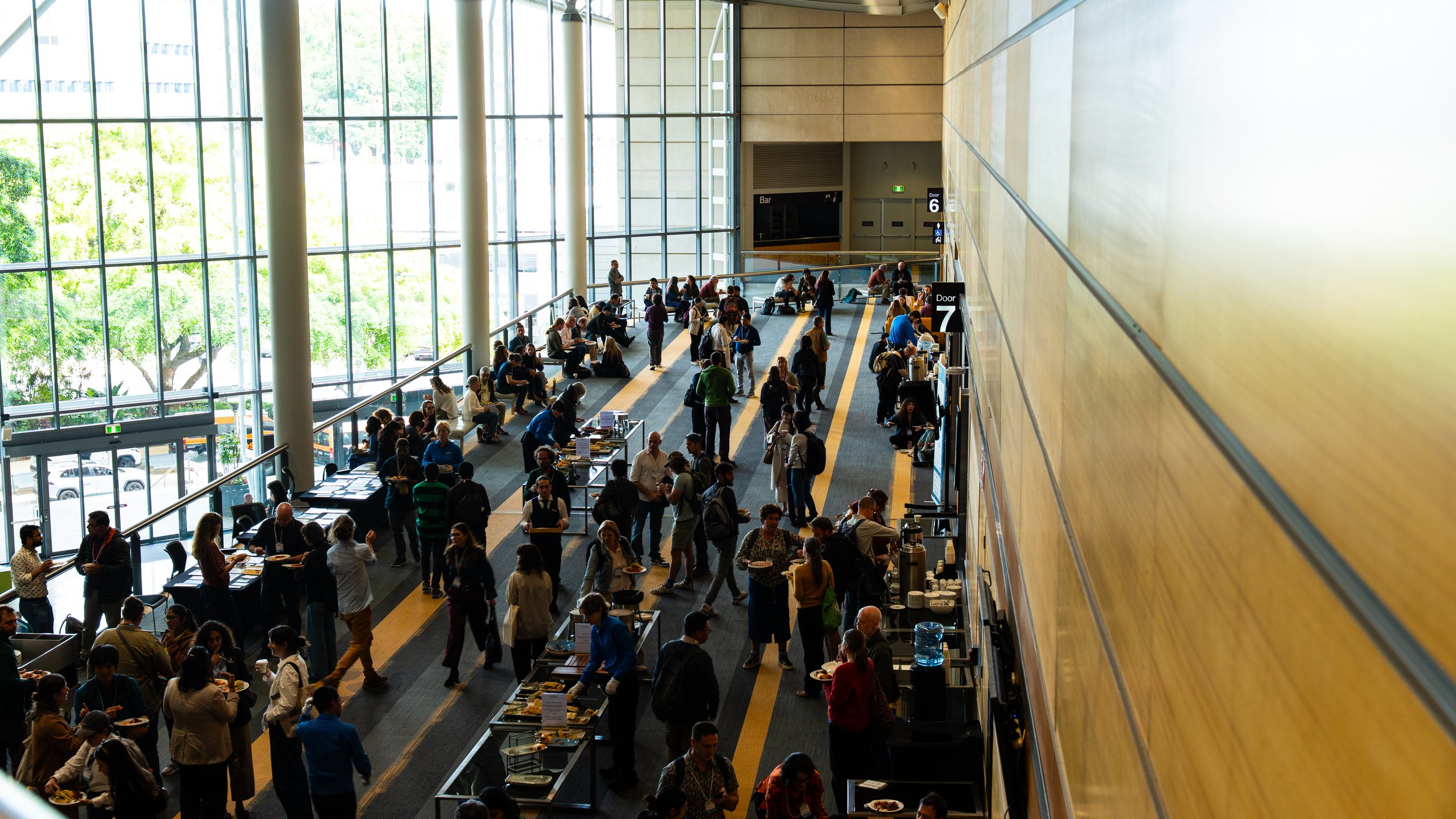
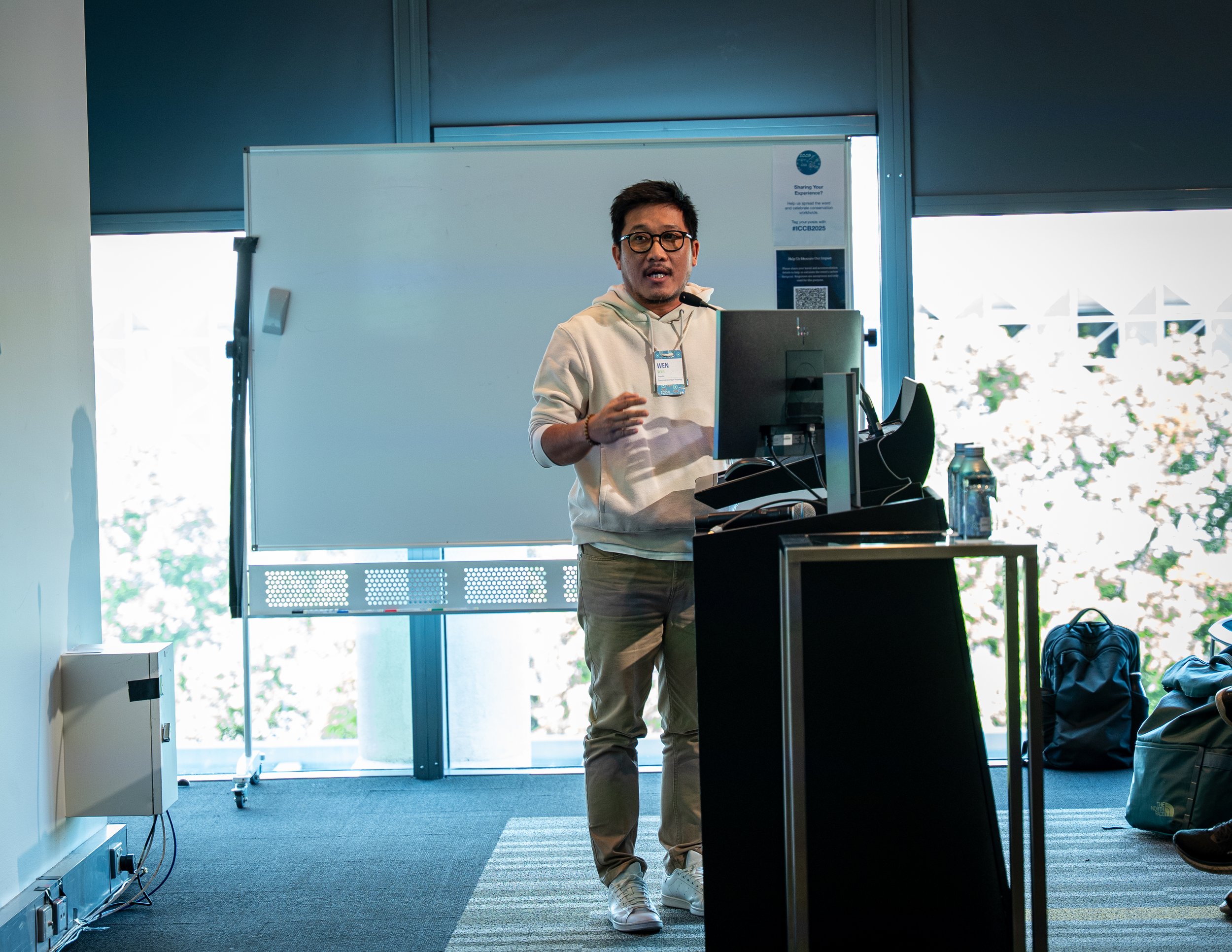

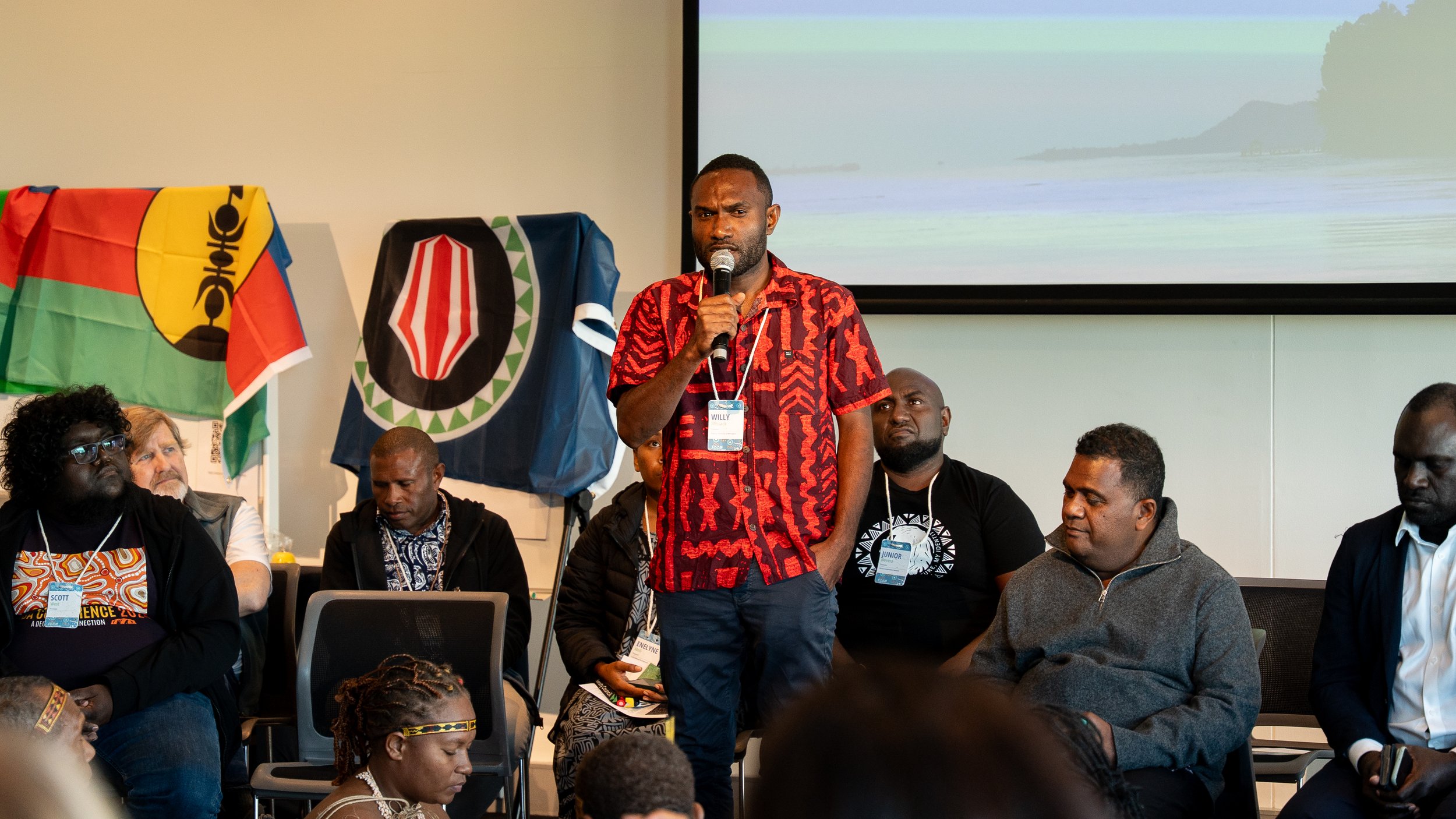




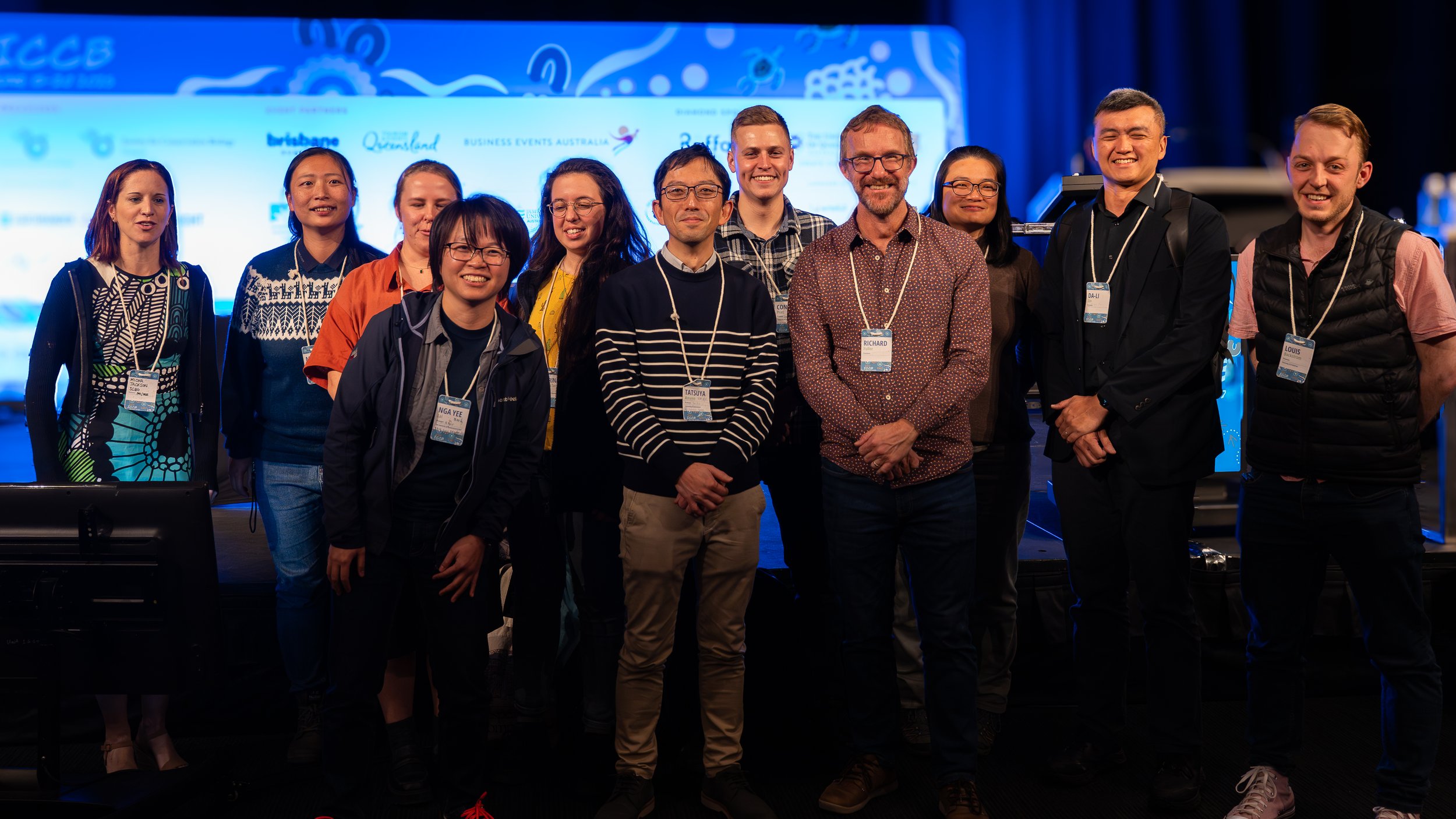

Past SCBO Conferences.
2025
Meeanjin / Brisbane
Yuggera Turrbal Country, Queensland, Australia
32nd International Congress for Conservation Biology
2022
Wollongong
Dharawal Country, New South Wales, Australia
“Reconnecting with Nature, Reconnecting with each other”
2018
Wellington
New Zealand
“Conservation in a changing world”
2016
Meeanjin / Brisbane
Yuggera Turrbal Country, Queensland, Australia
“Bridging Divides: Science meets action, water meets land”
2014
Suva
Fiji
“Resilient Island Ecosystems and Communities”
2012
Darwin / Garamilla
Larrakia Country, Northern Territory, Australia
“People and Conservation in Land and Sea Country”
2011
Auckland
New Zealand
“Engaging Society in Conservation” (ICCB co-hosted with SCB Global)
2007
Sydney
Gadigal Country, New South Wales, Australia
“The Biodiversity Extinction Crisis: An Australasian and Pacific Response”
